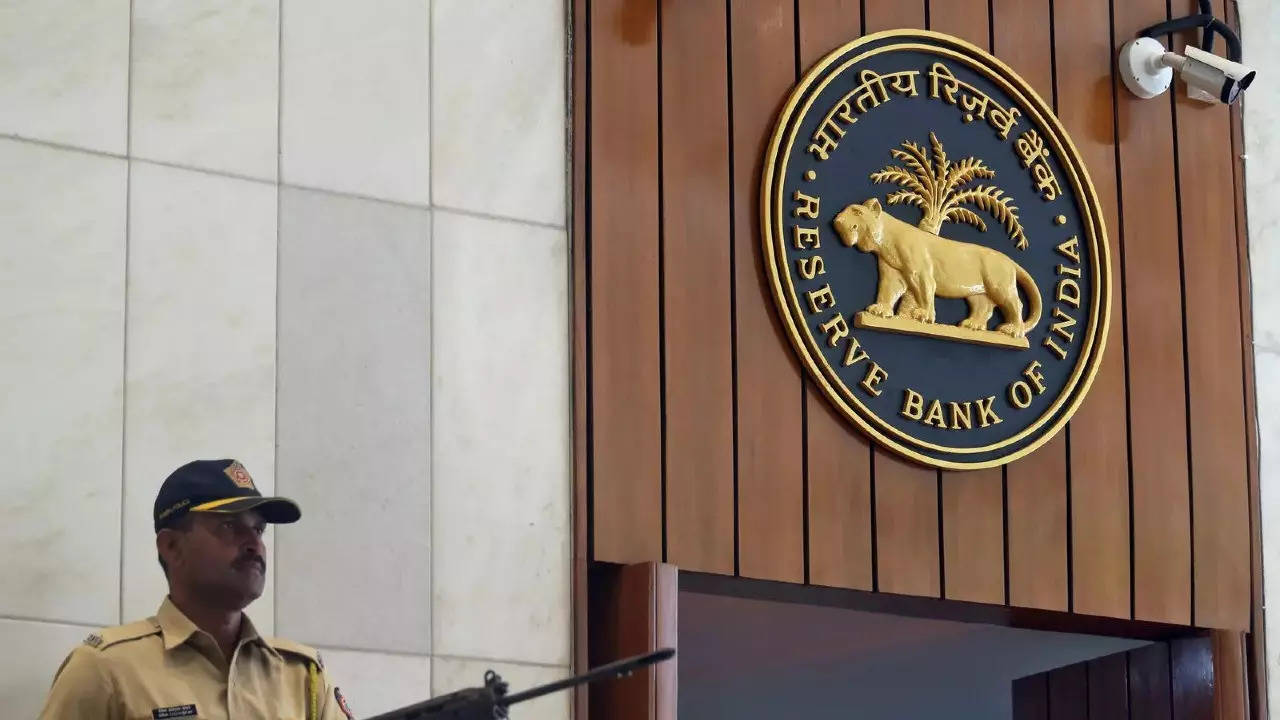
NEW DELHI: With inflation staying above the upper tolerance limit for nine straight months, the Reserve Bank will now have to submit a report to the central government detailing reasons for the failure to contain prices and remedial steps to rein in the price rise.
The Reserve Bank of India Act mandates that in the case of the inflation target not being met for three consecutive quarters, the central bank has to submit a report to the government explaining the reasons and detail the remedial actions it will be taking to check the price rise.
This will be the first time since the onset of the Monetary Policy Framework which came into effect in 2016 that the RBI will be made to explain its actions in a report to the government.
As per the mandate given to the Reserve Bank by the government, the central bank is required to ensure retail inflation remains at 4 per cent with a margin of 2 per cent on either side.
Now, the secretary to the MPC, which factors in retail inflation while arriving at bi-monthly monetary policy, will schedule a separate meeting of the rate-setting panel to discuss and draft the report to be sent to the Central Government under the provisions of the Reserve Bank of India Act.
The one-day meeting of MPC members is likely to take place post-Diwali because the RBI functionaries are currently in the US for IMF and World Bank meetings.
Last month, RBI governor Shaktikanta Das had said the central bank considers the communication to the government for missing the inflation targets as privileged communication and will not be making it public.
The retail inflation based on CPI has remained above 6 per cent since January 2022. It was 7.41 per cent in September. The RBI Governor headed six-member Monetary Policy Committee (MPC) factors in retail inflation while deciding the bi-monthly monetary policy.
If the average inflation remains above the upper tolerance level or less than the lower tolerance level for any three consecutive quarters, it will be considered a failure on part of the RBI in meeting the inflation targetting mandate.
The Reserve Bank has been aggressively raising the key interest rate since May in a bid to contain inflation. It has so far raised the short-term lending rate by 190 basis points taking the repo rate to a nearly three-year high of 5.9 per cent.
Last month, the RBI retained its inflation projection for 2022-23 at 6.7 per cent amid geopolitical concerns triggered by Russia-Ukraine war, and expected inflation to be under control from January.
It may be noted that inflation had overshot the target for over three quarters during the initial months of the pandemic as well, but a technical shortcoming in the data collection, wherein data was collected without visiting the mandis because of the lockdown, had helped ensure that no such explanation has to be done by the RBI at that time.
In August 2016, the central government notified 4 per cent consumer price index (CPI) inflation as the target for the period from August 5, 2016 to March 31, 2021 with the upper tolerance limit of 6 per cent and the lower tolerance limit of 2 per cent.
On March 31, 2021, the Central Government retained the inflation target and the tolerance band for the next 5-year period – April 1, 2021 to March 31, 2026.







